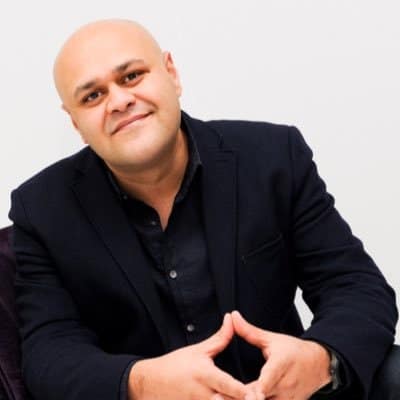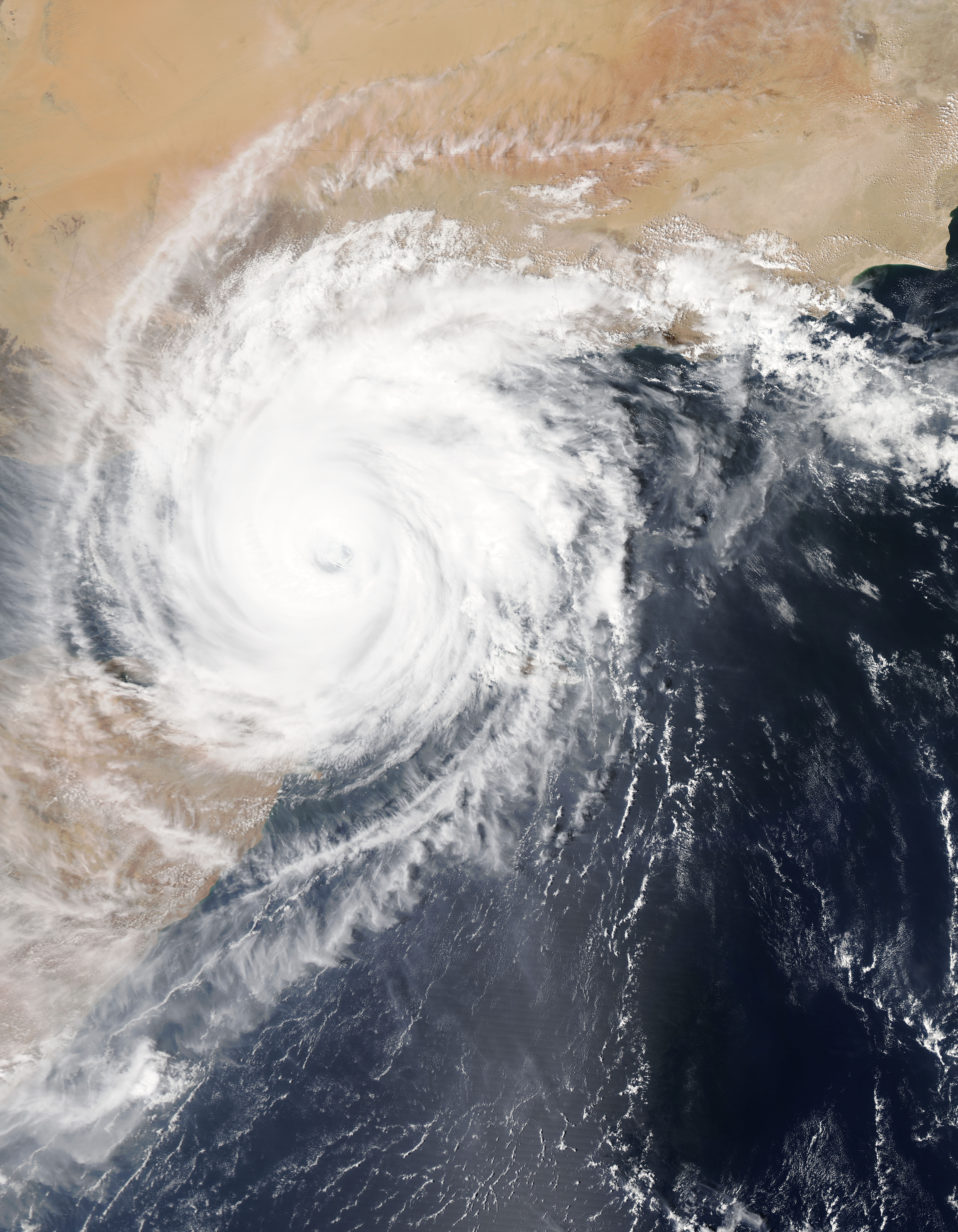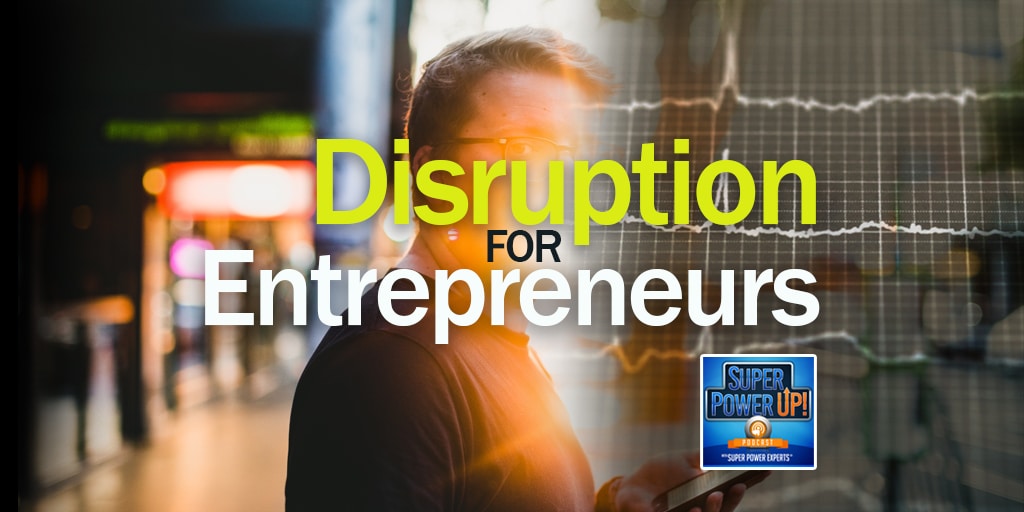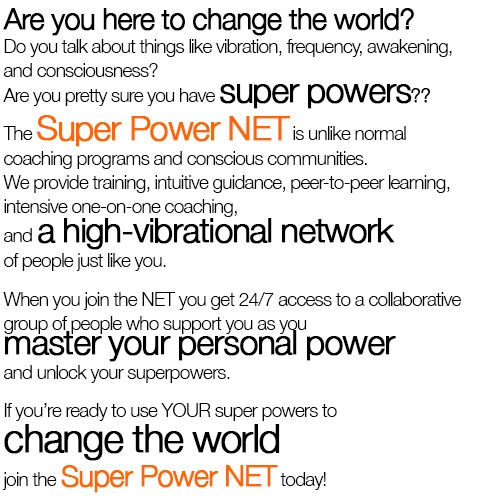
Hello everyone, this is Tonya Dawn Recla, your Super Power Expert, and I am delighted to have with me today just a real gem of a guy. This guy is such a blast. We instantly fell in love with him at last year’s Meltdown in the Desert, in 2017. He’s just brilliant. He and Neva really connected in the disruption space. Ketan Makwana is a disruption expert. This guy eats, breathes, and sleeps disruption. He’s making waves all around the world.
Not only is he an entrepreneur, and he’s scaled and sold multiple businesses, but he’s won tons of awards in the disruption space, Young Global, you know, I mean, I can’t even … anyway, you should look at his resume. I could sit and brag about him probably for the next hour, but the biggest part that I want you to understand about this is that it’s not just words, and it’s not just advice. He lives this. He is that walking, talking inspiration of making sure that whatever rules you’re taking on for yourself are the rules that you want to abide by, that they’re your guidance, your own internal compass versus anything outside of yourself telling you what you have to do. So you understand exactly how he and Neva connected in that space.
So anyway, without further ado, I want to bring Ketan on. Today we’re going to be talking about disruption for entrepreneurs, and just how crucial it is that you’re willing to do you, and to do it in your way, and to make sure that you’re modeling that for other people. So please join me in welcoming Ketan to the show. Welcome.
Thank you, Tonya. I really, really appreciate you having me on, and I’m really looking forward to this conversation.
Oh, perfect. Me too. So let’s jump right in and ask you, what are your superpowers?

Challenging convention.
What are my superpowers? Well apart from an infectious smile that I have, I guess it is this whole thing of challenging convention. My superpower is I never look at anything in a conventional way. As for that, some people can probably see me as an annoyance, but others actually see it as an inspiration. So I suppose the biggest superpower I have is, never, never taking anything for granted, and always challenging convention.
I love it, some people might see it as an annoyance. Well, and isn’t that what it comes down to, is are you willing to be annoying? Like are you willing to challenge the status quo? Are you willing to step up and say, “You know, I think that we can do this differently, or maybe we’re being called to do this differently.” And where that really strikes us, in the heart of us. So, how did you get to the place where you’re willing to stand up and say, “You know what, I’m going to do this. I’m going to talk about this, even when it’s not popular”?
This all stems down to the original quote from Charles Darwin that talks, it’s not about the strongest of our species that survive, it’s those that are most adaptable to change. It’s one of these things that you can’t just wake up tomorrow and say, “I’m going to be disruptive, or I’m going to be a disrupter, or I’m going to challenge convention.” It’s something that builds within you over a period of time, and I think you get to a point where you pivot. You have that opportunity, it’s right there in front of you, to grasp and say, “No. It’s time for a change, and that change needs to start with me.”
Some people reside themselves away, and resign and say, “Look, no. It’s not something I should do. I need to follow the natural order of path.” Others leave the path and grab hold of that branch. And I guess that’s what’s happened to me. You know, for a very long time in my life, I followed the rules, I’ve done everything that everyone’s asked of me. Right the way from school, when you’re told by your mathematics tutor that you’re no good at math, and you’re not going to achieve anything in life, yet, I’d get the answers quicker and faster than other students. It’s just because I wasn’t following his system or their system that they didn’t like it.
Right the way through to kind of following the education system the way it was built, and realizing when I got to university, it wasn’t what I wanted to do. It’s not where I felt I belonged. It’s not where I felt that I could create my greatest contributions and impact. And having the balls at that point … again, unconsciously, having the bravado of actually stepping up on the second lecture and walking out, just because the lecturer or the professors never designed a car, and I wanted to become a car designer. I think these were the footsteps to me really starting to challenge not just the status quo generally, but more the status quo within myself.
I went through my whole career always trying to outdo what I’d achieved in my previous roles and targets. I’ve always wanted to become better, be better, do better. Again, still having to follow the laws of convention, which were what employers normally set you up. Being in a company that … very strict, a German company, meaning that you can’t even take your tie off in a meeting, otherwise the meeting can’t continue, right the way through to actually taking a digital signage company from being in the business of signage, going into the business of patient flow and information integrity.
Everything about me has always been about thinking differently, doing differently, and invoking different results. So I guess it all started from a very young age, but it was very unconscious to me until about the time when I lost my job in 2008 and I realized that actually, the world doesn’t owe me anything. It’s not responsible for anything that I do, and it’s not responsible for putting food on my table. That’s all down to me. And it’s at that point where I really, really grasped the concept of saying, “I have the potential to challenge convention, do different things, and do new things.” And that’s what’s driven me on since then, to where we are today.
Well, I think so many of us can relate to that, especially in the superpower arena, and you know, those of us who feel called to have an impact on the world. And you said so much within that statement about the power of really checking in with yourself, and making sure that you’re clear on why you’re doing it. And you’re right, I think some of it is for a lot of us, just kind of this compelling energy at first. I wrote about that in the book that I’ve got currently going on, and it is that concept of this compulsion like you have to almost. Like you just kind of put one foot in front of the other until you start to see the patterns emerge. And like, “Well, why am I this way?” And especially as it relates to perhaps other people, and you start to look at the differences.
I had a really cool conversation the other day about it. You know, what is it that we do differently than other people, or whatever, and we were talking about our very lives are extremely different. Like we have the audacity to think that we can do things the way we want to do them. And that in and of itself is earth-shattering. And it’s funny because we’ve been sitting in the conscious awareness of that for a while, and I love following those threads back and saying, “Well, why us? Why do we question convention? Why do we challenge everything? Why do we feel this compelling urge to say, okay, but what if?”
I was always that kid too, like, “But, why? But what if? Can we do it this way? Why do I have to do I have to do it that way?” You know, kind of a pain in the neck. I think that when you can see those natural tendencies within yourself, it starts to help other people figure out how can they do it? You know, so it’s like a reverse engineering process.

From chaos comes confusion and from confusion comes clarity.
Absolutely. One of the biggest things that my learning point in my journey has been being that it does start with you, it has to start with you. It can’t be about anyone else. And at that, sometimes being labeled a disruptor, or being disruptive, people take the negative connotation that you are here to create chaos to a certain extent. But from chaos comes confusion, and from confusion comes clarity to a certain extent. For me, one of the most important things is stopping trying to be someone else or something else just because they’re inspiring you. Understand what it is that inspires you of them, and understand where you are as a person.
So the number one thing for me is, I’ve got to be comfortable with myself, and if I’m not comfortable with myself, I can’t be disruptive. It’s that whole kind of analogy of, make sure you fit your own air mask before you help others. You’ve got to be in that zone, otherwise, it doesn’t work. It just won’t work. Because all you’re doing is you’re replicating someone else. You don’t understand their energy, you don’t understand where their background, what their motivations are, where their emotional intelligence is with all of this kind of stuff. It’s more about, you’re trying to just be someone that you’re not. And the more you do that, you create the imposter syndrome, and you also produce a carbon copy of something that you are not, and eventually, you’ll be exposed for that.
I think this is the biggest threat and fear that people have about being disruptive. Do they have it within themselves to be disruptive? I think they don’t really understand why they should be disruptive, and the other thing is, what is it about the disruption that’s going to help them see things through? Because today we do live in a world of instant gratification, and instant results. And if people can’t see that things are changing for them quickly, then they lose sight of that. I mean, this is a lifelong journey. It’s not something that you can build overnight.
Wow, that’s powerful stuff. We’re going to take a quick break. We’ve been talking with Ketan Makwana about disruption for entrepreneurs. When we come back, I want to dive really deeply into this concept of comparing yourself to others, and how you can kind of see those reflections without needing to make convention wrong, but choosing something different, and really up-leveling how some people can look at that, because I do think that, like you said, people stop themselves because of what the ramifications might be. So we’re going to dive into some of that as soon as we get back. So, stay with us.
Find out more about Ketan Makwana here: enterpriselab.co.uk.
To listen to the entire show click on the player above or go to the SuperPower Up! podcast on iTunes.
Podcast: Play in new window


